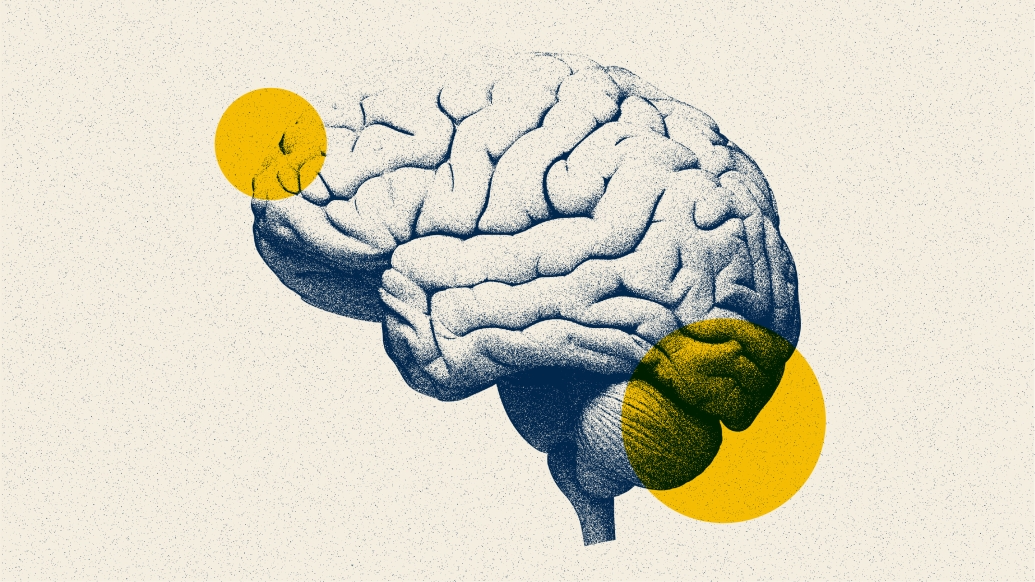National study examined health care perceptions of approximately 3,500 women, including those with and without a history of stroke
5:01 AM
Author |

Women who have survived a stroke believe they are less likely to receive adequate emergency care – based on gender and race or ethnicity, a study led by Michigan Medicine and Brown University finds.
Researchers analyzed survey data from the American Heart Association Research Goes Red Registry to determine perceptions of emergency care for women with and without a history of stroke.
Results published in Stroke reveal that women with a history of stroke were over three times more likely to believe “to a great extent” that they would not receive adequate care in the emergency room based on their gender and race or ethnicity.
“It’s clear from our findings that some women who have experienced a stroke feel that they will not receive the highest quality care when facing health emergencies,” said first author Brian Stamm, M.D., clinical instructor of neurology at University of Michigan Medical School.
“This is directly relevant to prior studies reporting that women who experienced cerebrovascular events, such as stroke, are more likely to be misdiagnosed and are less likely to receive clot-busting medications.”
Women accounted for 57.1% of stroke deaths in 2019, and stroke caused 6.2% of all female deaths that year, according to the Centers for Disease Control and Prevention National Vital Statistics System.
Black Americans are known to have a greater risk of stroke than white Americans, and a past study found that Black women less frequently receive advanced therapies for stroke, partially due to delays in getting to the emergency department after symptom onset.
While the study did not measure delays in emergency department presentation following stroke, researchers say the findings of negative health care perceptions may predispose these women to delays in treatment.
“Our future studies need to focus on whether the beliefs these women hold about emergency care are leading to delays in stroke care,” said co-author Regina Royan, M.D., M.P.H., clinical assistant professor of emergency medicine at U-M Medical School.
“With the time sensitive nature of stroke treatment, it is essential that we find ways to mitigate these negative perceptions in this population to move closer to equity in health care.”
“With the time sensitive nature of stroke treatment, it is essential that we find ways to mitigate these negative perceptions in this population to move closer to equity in health care.”
Additional authors include Tracy E. Madsen, M.D., Ph.D., of Brown University School of Public Health, Alpert Medical School and Rhode Island Hospital.
“Association of Prior Stroke with Healthcare Perceptions of Adequate Emergency Care in Women,” Stroke. DOI: 10.1161/STROKEAHA.123.044967
Live your healthiest life: Get tips from top experts weekly. Subscribe to the Michigan Health blog newsletter
Headlines from the frontlines: The power of scientific discovery harnessed and delivered to your inbox every week. Subscribe to the Michigan Health Lab blog newsletter
Like Podcasts? Add the Michigan Medicine News Break on Spotify, Apple Podcasts or anywhere you listen to podcasts.

Explore a variety of health care news & stories by visiting the Health Lab home page for more articles.

Department of Communication at Michigan Medicine
Want top health & research news weekly? Sign up for Health Lab’s newsletters today!





